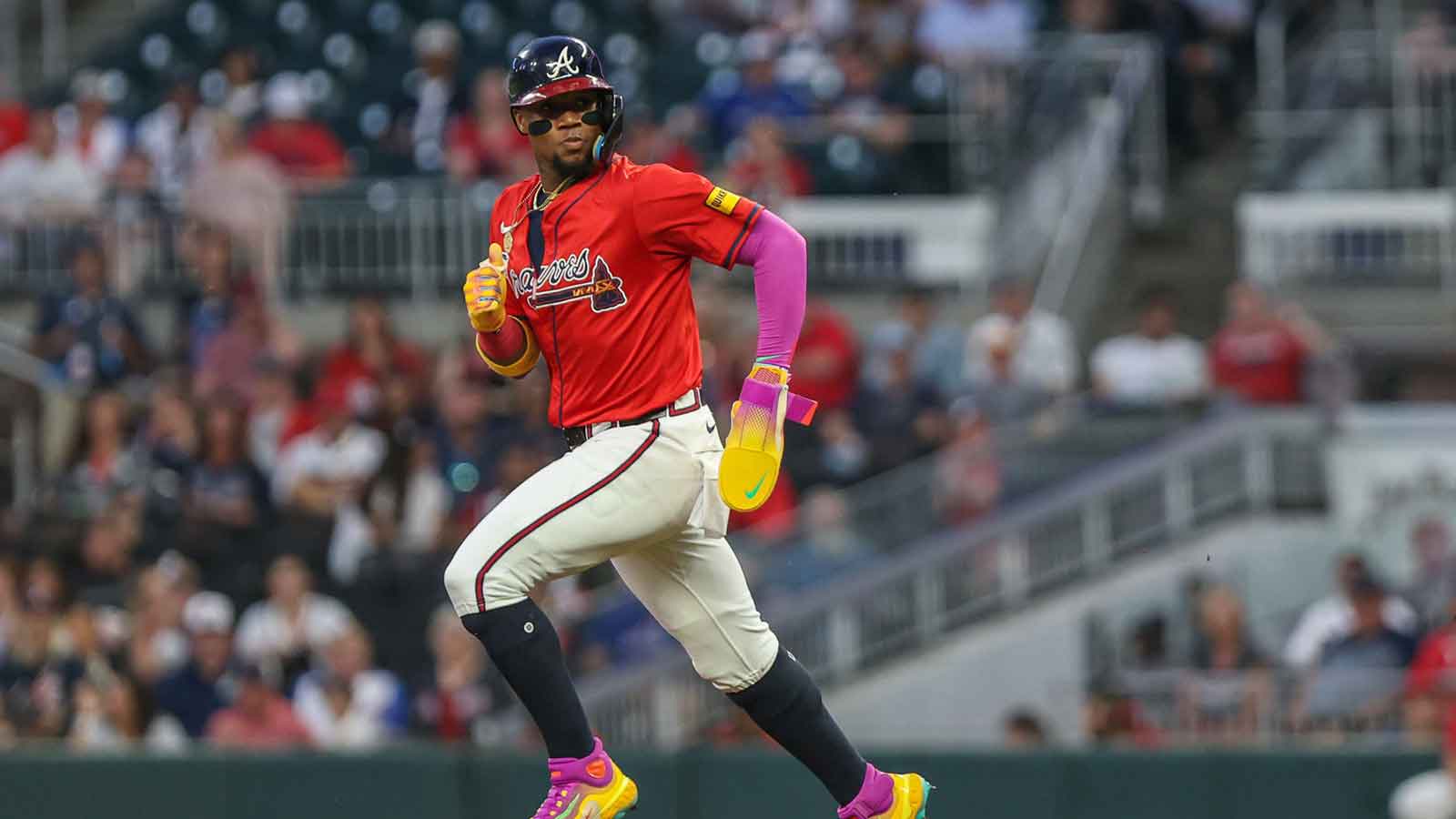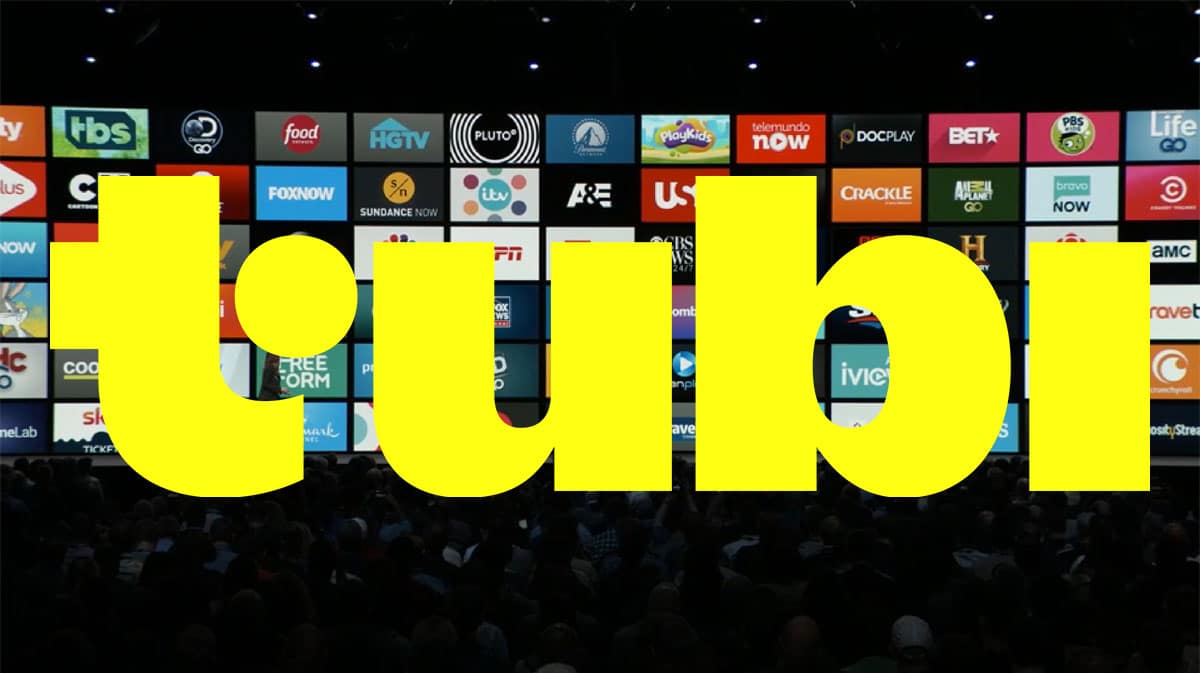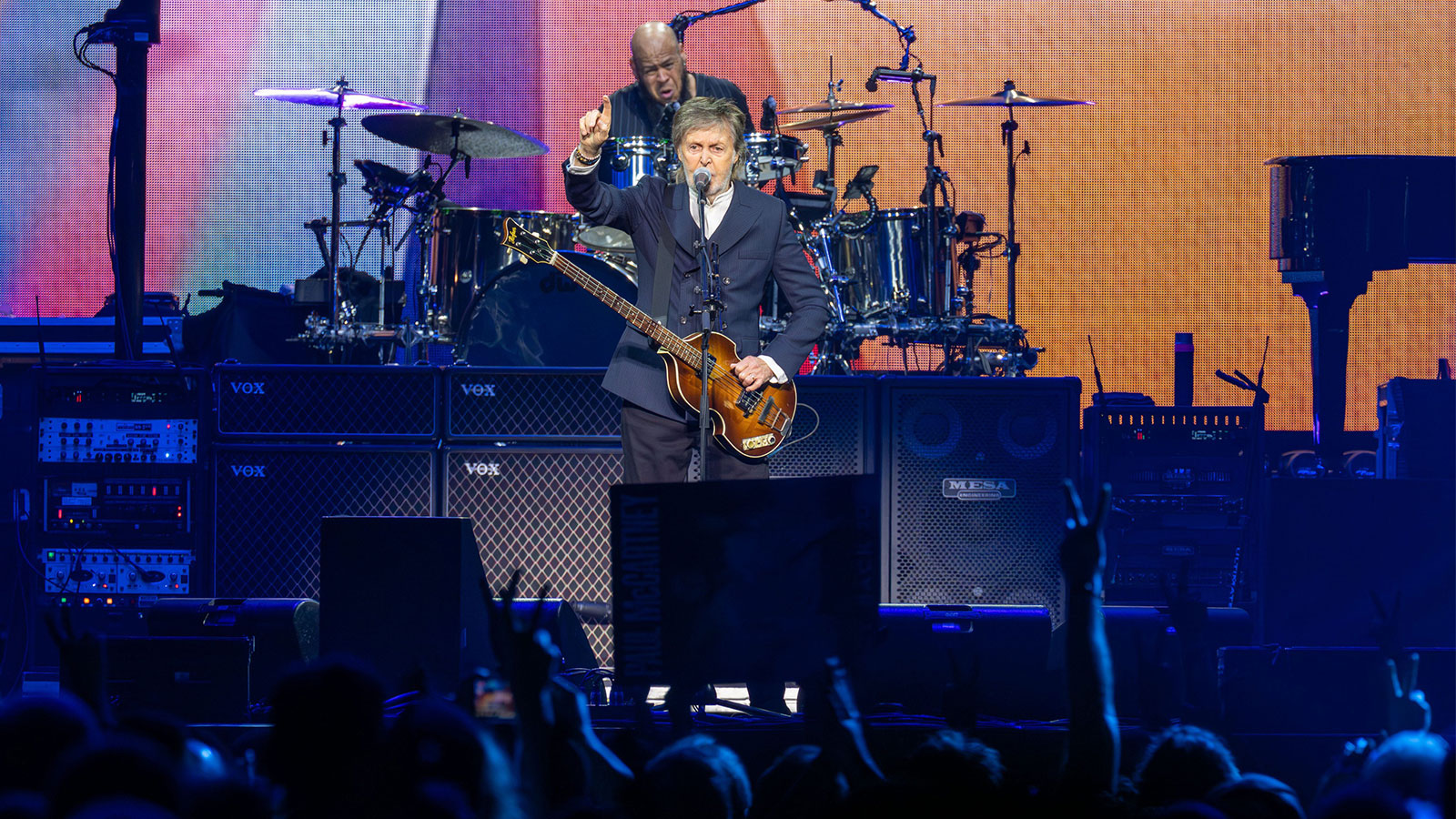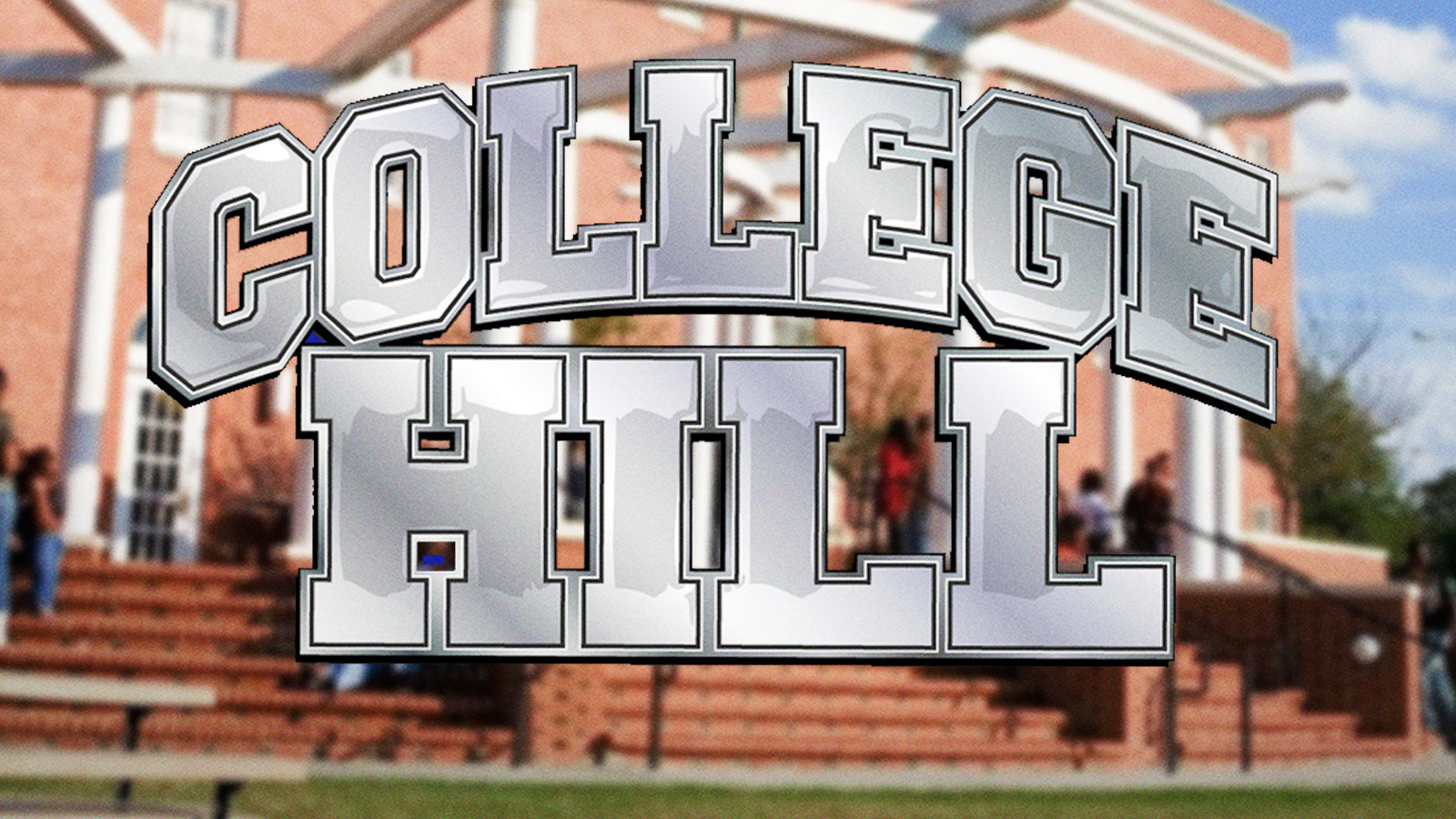TikTok CEO, Shou Chew, expressed confidence on Tuesday that his company's legal battle against Montana would be successful in preventing the state's ban on the app. Speaking at the Qatar Economic Forum, Chew reiterated TikTok's belief that the Montana law is unconstitutional and stated that they have recently filed a lawsuit to challenge it, according to CNN.
According to TikTok, the ban represents a suppression of free speech and infringes upon the First Amendment. The company argues that the Montana bill is censorious and unlawfully restricts one of the fundamental freedoms guaranteed by the Constitution. In a statement, TikTok emphasized their commitment to protecting their business and the hundreds of thousands of TikTok users in Montana, asserting that their legal challenge is based on strong precedents and facts.
The Montana government's concern stems from the clock app's connection to ByteDance, a Chinese-owned company, which they view as a potential security risk for the state's citizens. However, TikTok disputes this characterization, saying, “The state has enacted these extraordinary and unprecedented measures based on nothing more than unfounded speculation.”
As part of their efforts to address security concerns, the social media app announced that tech giant Oracle has initiated a review of TikTok's source code under the Project Texas initiative. This initiative aims to provide assurance to US government officials that user data is adequately protected against unauthorized access, particularly from China or its agents.
Through their lawsuit, TikTok hopes to persuade the court that Montana's ban is both unconstitutional and preempted by federal law. The outcome of this legal battle will have significant implications for TikTok's presence in Montana and could set a precedent for similar actions taken by other states.
TikTok remains committed to protecting its platform and the rights of its users while also addressing concerns related to national security. As the legal proceedings unfold, the outcome will shape the future of TikTok's operations in Montana and potentially influence the broader regulatory landscape surrounding the popular social media app.



















